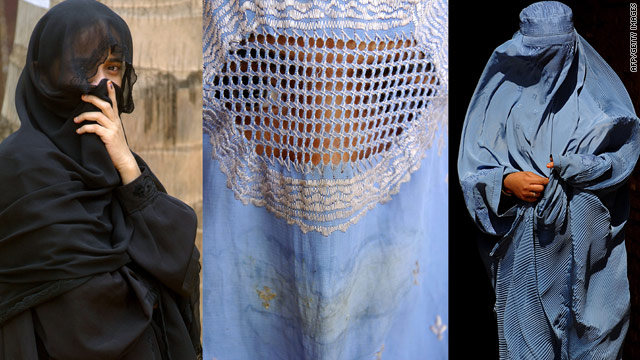David L. Chaplin II
Impunity Watch Reporter, Asia
BEIJING, China – Wen Qiang, 55, former director of the Chongqing Justice Bureau in the Chongqing region and highest ranking official also an ex-deputy police chief, was sentenced to death in April on massive corruption charges, for sponsoring and protecting five gangs as well as rape and taking bribes.

He was executed in Chongqing, the state-run Xinhua news agency reported on Wednesday.
Wen’s case was part of a huge operation that exposed illegal activities in Chongqing, a city of more than 30 million people, as well as highlighting China’s problem of rampant official corruption.
The crackdown resulted in more than 3,300 detentions and hundreds of prosecutions, including the trials of nearly 100 officials. Several people have already reportedly been executed or sentenced to death in the trials.
Wen allegedly raped a number of women including film and music personalities, as well as having affairs with subordinates.
He was also found guilty of taking more than 12 million yuan ($2 million U.S.) in bribes and engaging in a range of corrupt activities.
At his trial in February, Wen admitted he took money from others on numerous occasions but said that no corruption was involved and much of it was for “birthday and New Year” greetings, according to state media.
Wen was tried with his wife, Zhou Xiaoya, and three former Chongqing police associates, all of whom received jail sentences of up to 20 years.
Last November, Wen’s sister-in-law Xie Caiping was sentenced to 18 years in prison on charges of running illegal gambling venues and drug dealing.
The crackdown is widely seen as a bid by Bo Xilai – who was appointed Communist Party secretary in Chongqing in 2007 – to move up in the national hierarchy via political maneuvering.
The corruption trials, covered extensively by Chinese media, have transfixed the nation and rallied Chongqing residents, who claim they are fed up with being bullied by their own local officials.
“Only capital punishment will serve him right. He deserves to be killed a thousand times,” one person commented online about Wen in February.
“The Wen Qiang case is only the tip of the iceberg,” another wrote. “If China wants more rapid development, there should be a purge to wipe out all the corrupted officials in Communist Party.” Analysts said a harsh crackdown on corruption was vital to maintaining public faith in the Communist leadership.
For more information, please see:
CNN World – Ex-Chinese official executed for corruption – 7 July 2010
BBC – China rejects police official Wen Qiang death appeal – 21 May 2010
Al Jazeera English – China ‘executes’ justice official -7 July 2010



